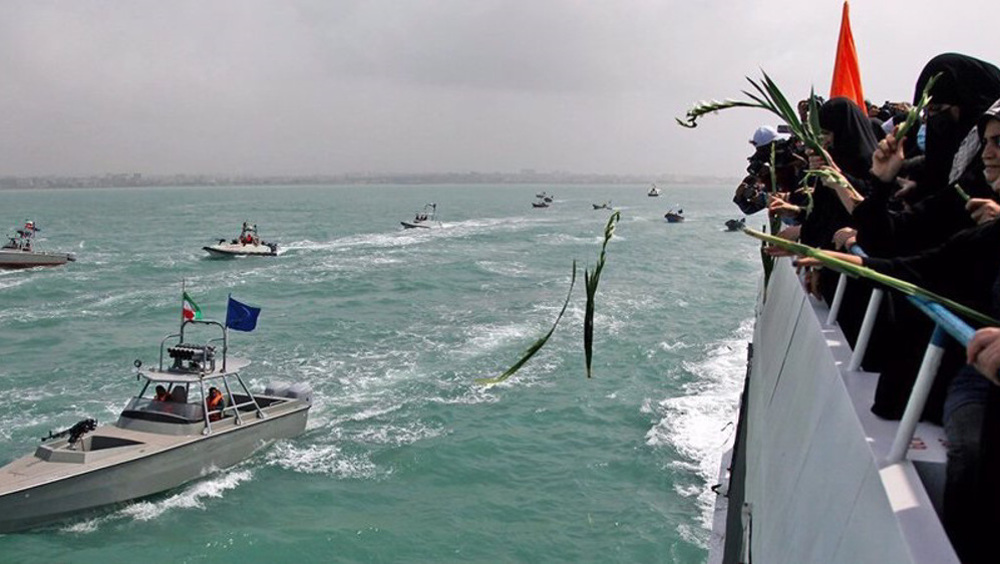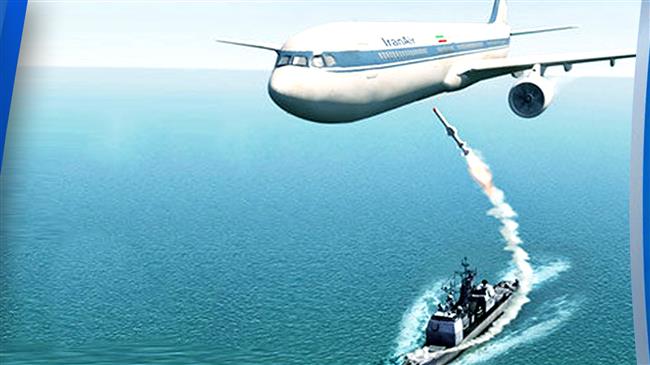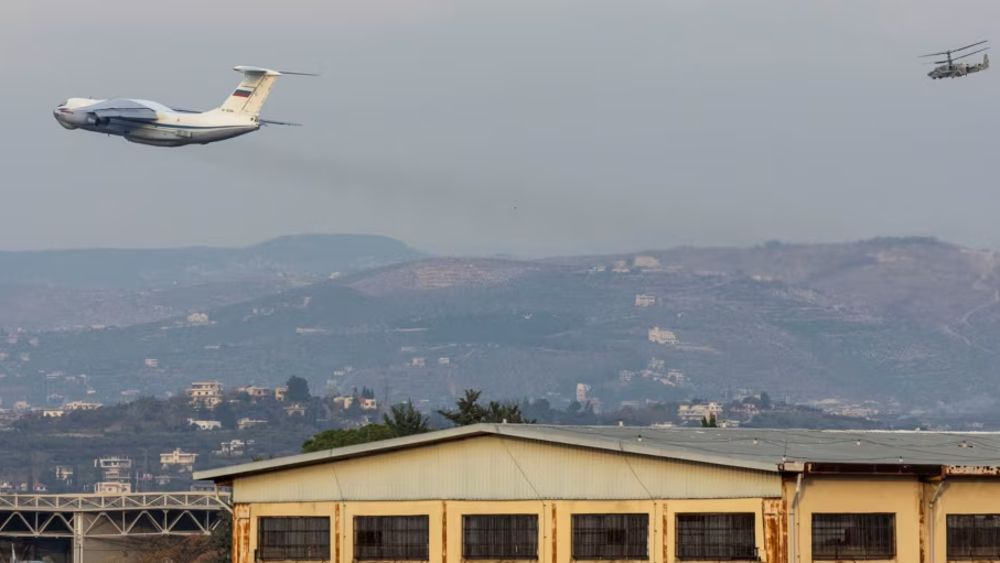Declassified: UK ‘immediately’ backed US over 1988 downing of Iranian passenger plane
Newly declassified files reveal that the British government offered “immediate” support to the US and assisted in the cover-up of the downing of an Iranian passenger plane in 1988 that killed all the 290 people on board.
On July 3, 1988, the USS Vincennes fired two missiles at the Iran Air Flight 655, which was flying over the Hormuz Strait from the port city of Bandar Abbas to a routine trip to Dubai while carrying 274 passengers and 16 crew members.
Following the attack, the plane disintegrated and crashed into the Persian Gulf.
In a meeting with UK foreign secretary Robin Cook on March 2, 2000, US General Colin Powell, who had served as Ronald Reagan’s National Security Adviser between 1987 and 1989, “spoke frankly,” leading Cook to request that the US General’s “confidence… be strictly protected.”
After the shooting down of the Iranian passenger plane, Gen. Powell recalled, former UK prime minister Margaret Thatcher’s private secretary for foreign affairs Charles Powell “had rung immediately from Downing Street to ask what the Americans wanted the British Government to say.”
Following the attack, the plane disintegrated and crashed into the Persian Gulf, killing all 290 on board, among them 66 children.
In a meeting with UK foreign secretary Robin Cook on March 2, 2000, US General Colin Powell, who had served as Ronald Reagan’s National Security Adviser between 1987 and 1989, “spoke frankly”, leading Cook to request that the US General’s “confidence… be strictly protected”.
After the US shooting down of the Iranian passenger plane, former United Kingdom's prime minister Margaret Thatcher's private secretary for foreign affairs Charles Powell “had rung immediately from Downing Street to ask what the Americans wanted the British Government to say”.
The British government thus offered immediate support to Washington, despite it having killed hundreds of civilians, most of whom were Iranian citizens.
Colin Powell remarked how “America could count on no other government to behave like that.”
Although the United States claimed that the shooting down of the Iranian plane by its Navy was an act in self-defense, it was not true.
As the Pentagon claimed, the plane had not, moved “outside the prescribed commercial air route,” nor had it been “descending” towards USS Vincennes at “high speed.”
The declassified files quoted an article by journalist Solomon Hughes in the Morning Star as saying that the British Foreign Office also developed a “line to take” which was consistent with Thatcher’s public support of the US.
The Foreign Office emphasized that “the USS Vincennes issued warnings to an approaching unidentified aircraft but received no response,” and claimed that the US was responding to “an Iranian attack”.
The Foreign Office knew it was isolated in its support for the US. An internal memo written in July 1988 noted that “only the UK included a reference to the [US] right to self defense, thereby attracting criticism from Iran and other countries.”
The US government paid Iran $131.8 million in compensation for the attack on the plane in 1996 and then President Bill Clinton expressed “deep regret” over the incident.
However, the US government has never formally apologized for the attack. In 1990, the captain of the cruiser, William C. Rogers, was cleared of any wrongdoing and was even awarded the Legion of Merit for “exceptionally meritorious conduct in the performance of outstanding service."
Eight Palestinians killed as Israel attacks Gaza school, hospitals
VIDEO | Rome, Milan host new protests in solidarity with Palestinians
Dec. 21: ‘Axis of Resistance’ operations against Israeli occupation
Spain jurists demand ties with Israel ties be cut
VIDEO | Press TV's news headlines
VIDEO | Iran honors top Science Olympiad medalists
VIDEO | Austrians arrested at Gaza protest in Vienna
10 killed in bus crash in western Iran











 This makes it easy to access the Press TV website
This makes it easy to access the Press TV website